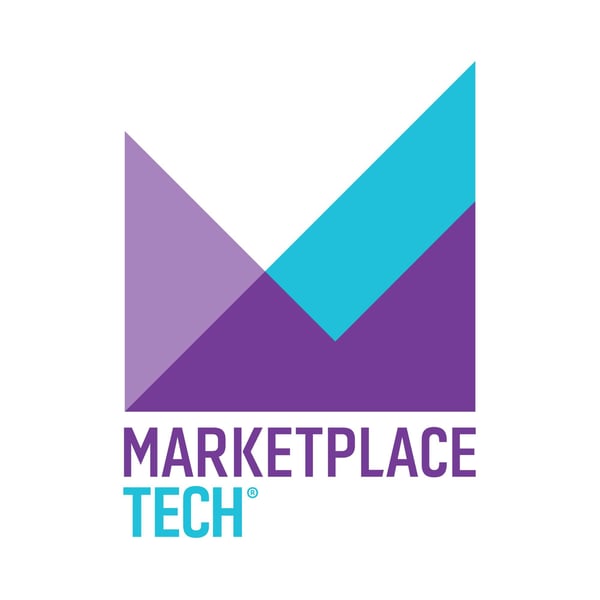How one college is leveraging AI for educators and students
Marketplace Tech
American Public Media
4.6 • 1.2K Ratings
🗓️ 22 January 2025
⏱️ 10 minutes
🧾️ Download transcript
Summary
The explosion of artificial intelligence tools like chatbots has rocked the education world in the last couple years. It’s spurred efforts to prohibit, detect or otherwise build guardrails around these powerful new tools. Some educators, though are embracing them, and Colby College is doing it on an institutional level. Four years ago, before most of the public had ever heard about large language models, this private liberal arts college in Maine established a cross-disciplinary institute for AI to help educators and students integrate the technology into their curricula in an ethical way. We had the college president on back then to discuss, and today we wanted to check back in — this time with Michael Donihue, interim director of the Davis Institute for AI at Colby College.
Transcript
Click on a timestamp to play from that location
| 0:00.0 | You can't spell liberal arts without A and I. |
| 0:06.3 | From American Public Media, this is Marketplace Tech. |
| 0:09.5 | I'm Megan McCarty Carrino. |
| 0:19.9 | The explosion of artificial intelligence tools like chatbots has rocked the education world in the last couple years. |
| 0:27.6 | It spurred efforts to prohibit, detect, or otherwise build guardrails around these powerful new tools. |
| 0:35.8 | Some educators, though, are embracing them, and Colby College is doing it on an institutional level. |
| 0:43.0 | Four years ago, before most of the public had ever heard about large language models, |
| 0:48.7 | this private liberal arts college in Maine established a cross-disciplinary institute for AI to help educators and students |
| 0:57.3 | integrate the technology into their curricula in an ethical way. We had the college president on |
| 1:03.7 | back then to discuss, and today we want to check back in, this time with Michael Donahue, |
| 1:09.6 | interim director of the Davis Institute for AI at Colby College. |
| 1:14.1 | As a liberal arts institution, these cross-disciplinary conversations are a natural part of what we do. |
| 1:20.4 | And AI just provided an opportunity to think more deeply about conversations around ethics and moral uses of this particular technology. |
| 1:29.9 | I think what made it different, though, for us was that instead of being driven by the discipline, |
| 1:35.8 | these are being driven by our students. They're all using AI. And so figuring out how to align |
| 1:41.2 | that with what we're trying to do in the classroom, I think, presented |
| 1:45.6 | the biggest challenge for faculty here. Right. There's been a lot of angst, I think, in the |
| 1:51.0 | context of higher education about students using these. How has Colby kind of turned things on its |
| 1:57.4 | head? So we've done that in a couple different ways. These generative AI applications, they only work if you provide a really good prompt. |
| 2:04.6 | And there's a whole field now, a prompt engineer. |
| 2:06.6 | But teaching students to ask good questions is something we've done, and we do it really well. |
| 2:12.6 | And then the results you get from a generative AI application requires you to sort of deconstruct the response |
... |
Transcript will be available on the free plan in -66 days. Upgrade to see the full transcript now.
Disclaimer: The podcast and artwork embedded on this page are from American Public Media, and are the property of its owner and not affiliated with or endorsed by Tapesearch.
Generated transcripts are the property of American Public Media and are distributed freely under the Fair Use doctrine. Transcripts generated by Tapesearch are not guaranteed to be accurate.
Copyright © Tapesearch 2025.

